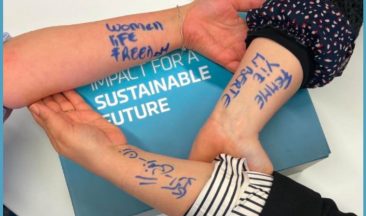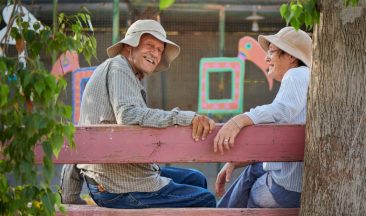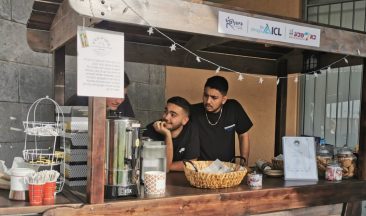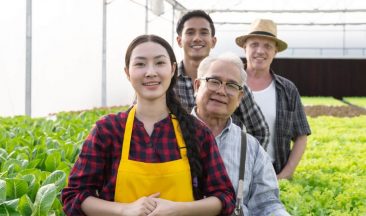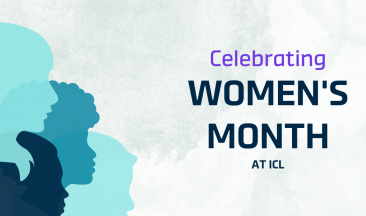International Women’s Day is a great opportunity to look back over the previous year’s achievements at ICL and meet some of the talented women who are helping to make them happen. Dr. Patricia Imas is an agronomist with over 30 years experience and a specialist, with deep knowledge of commodities and fertilizers. Patricia grew up in Argentina and has worked in several countries around the world. She now lives in Israel.
We spoke to Patricia about her career as an agronomist and her work at ICL. She was kind enough to share her insights into the role of women in agronomy and provide some valuable advice for the new generation of female agronomists.
Hi Patricia, thank you for speaking with us! How did you get interested in agriculture, and what led you to become a agronomist, commodities and fertilizerpluS specialist?
Although I was born and lived in a big city and had no background in farming, I always liked nature and was enthusiastic about sciences and biology. In Agronomy studies, you learn in a holistic manner about plants, insects, biochemistry, ecology, microbiology, cropping practices, genetics and more. Agronomists understand the genetic, biological, environmental, and economic impacts of agricultural processes, and work with farmers to maximize their crop yields and protect the environment.
I joined ICL as an agronomist because I wanted a job with a real meaning. We live in a world with a rising population and feeding everyone means responsibly managing our food production systems and natural resources. Better fertilizers are a key part of achieving a sustainable future.
As a woman in a traditionally male-dominated field, what challenges have you faced, and how have you overcome them?
Agronomy and specifically the traditional fertilizer industry has a long way to go to reach gender equality. In many agricultural events, I was the only woman in a room full of people. I make efforts to be seen, heard, and valued. I have worked hard to gain recognition for my skills and experience. The main thing is simply to be good at your job and to have the confidence to express your thoughts and ideas.
In your experience, how do women contribute to the agricultural sector, and what unique perspectives do they bring?
In many countries, women are the majority of the agricultural labor force. They know how to grow the crops, and with training and empowerment in agronomy and farm management, these women can improve the livelihoods of their families and the whole farming community.
It can be harder for a woman agronomist to gain the trust of farmers, but once she gives useful agronomic advice, and interacts with people in the field – gender ceases to be an issue.
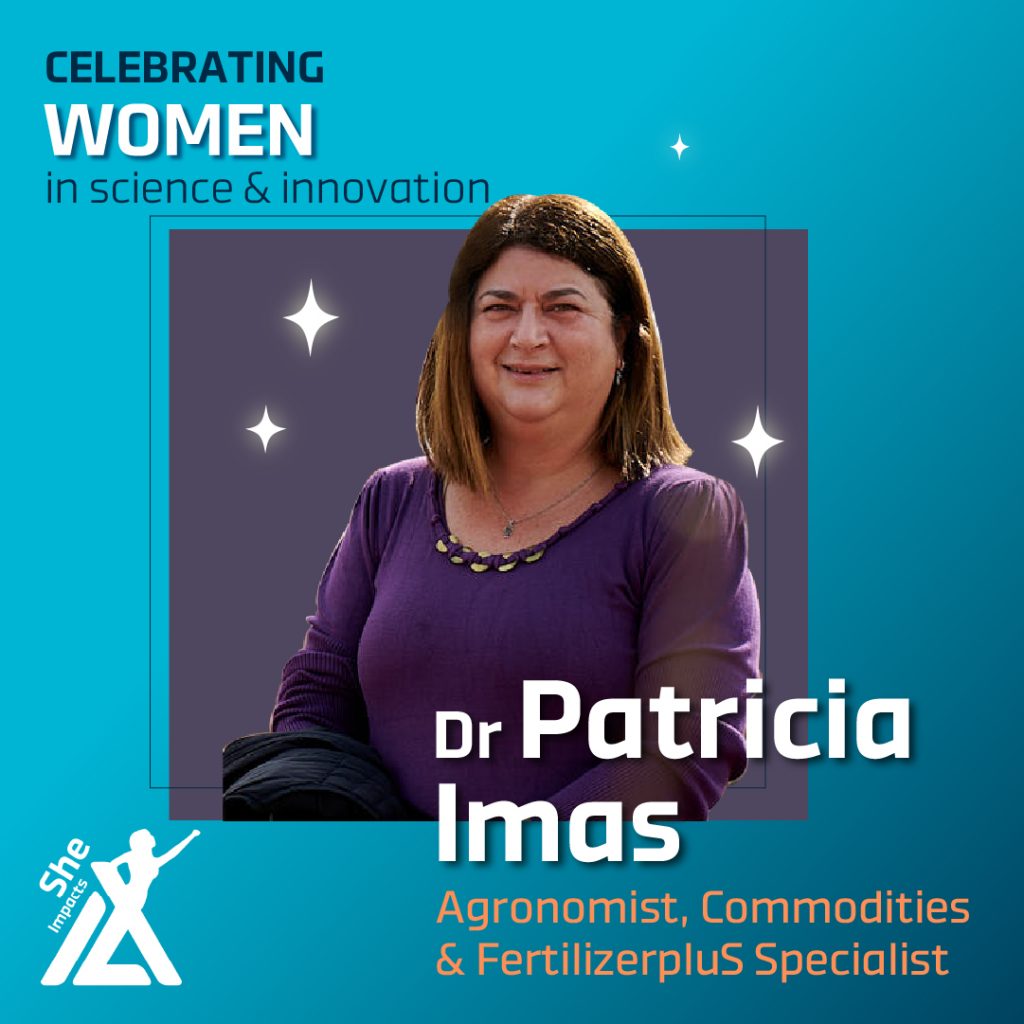
As a agronomist, commodities and fertilizerpluS specialist, what are your main priorities in terms of improving crop yields and sustainability?
To partner with researchers, advisors and farmers and work together to develop and promote balanced fertilization for higher yields and more nutritious food. The goal is to achieve sustainable production through conservation of soil fertility for future generations. We put together trials, projects, courses, training and develop new sustainable products.
Can you share an example of a successful project or initiative that you have led, and how it has impacted the local community?
A market development program in India entitled “Potash for Life”, sponsored by Indian Potash Limited (IPL) and ICL has been running for 10 years. The program provides Indian farmers with science-based evidence of the profitable use of potash, using best proven extension methods.
We conducted thousands of demonstration plots and activities to educate farmers, fertilizer dealers and suppliers about effective use of fertilizers. We then share information on the effects of balanced fertilization to optimize the use of plant nutrition. This benefits the whole farming community as they can increase yields and income in a sustainable way.
How do you ensure that your team members are supported and encouraged to succeed, regardless of their gender or other personal characteristics?
People need to overcome prejudices. Women need to move beyond self-limiting thoughts and focus on excelling at what they do. Management has a crucial role by promoting gender-inclusiveness, equal pay, and equal opportunities at work. It is very important for management to support parental leave and work from home programs. ICL is one of the companies that really gets this. Their flexibility creates a great working environment for women.
What advice do you have for young women who are interested in pursuing a career in agriculture, and what can be done to encourage more women to enter the field?
The key is to have self-confidence and not to be afraid of making mistakes. If you’re genuinely good at your job, and continue to invest in self-development and professional skills, you can succeed. Regardless of gender, agronomy is a vocation. It helps if you have a passion for your work and a desire to make the world a better place.
Working in agricultural companies often involves a lot of traveling. You will need to find the right balance between work and family. Don’t be shy about asking management for flexibility and support, especially if you have young children.
As we celebrate International Women’s Day, what message do you have for women around the world, especially those who work in agriculture or related fields?
Getting women into all roles will help agronomy to develop more quickly. Gender diversity provides diverse and fresh ideas and different points of view. Just as biodiversity is essential for ecosystems, human diversity is crucial for teams!
ICL is proud of its commitment to increase diversity in the field of agronomy. Our goal is to identify skilled agronomists from all backgrounds. We work to bring together motivated people, who possess the talent, energy and original ideas that are needed to transform the global farming and food production industries. Women like Dr. Imas are making a real difference and bringing us closer to a sustainable future.
More on the subject:
Women of ICL – Making a Global Impact
Women of ICL: Making a Positive Impact in the Field of Engineering
Women of ICL – Resilience and Engagement: An Interview with Ana Araujo
Marques Bosquê


